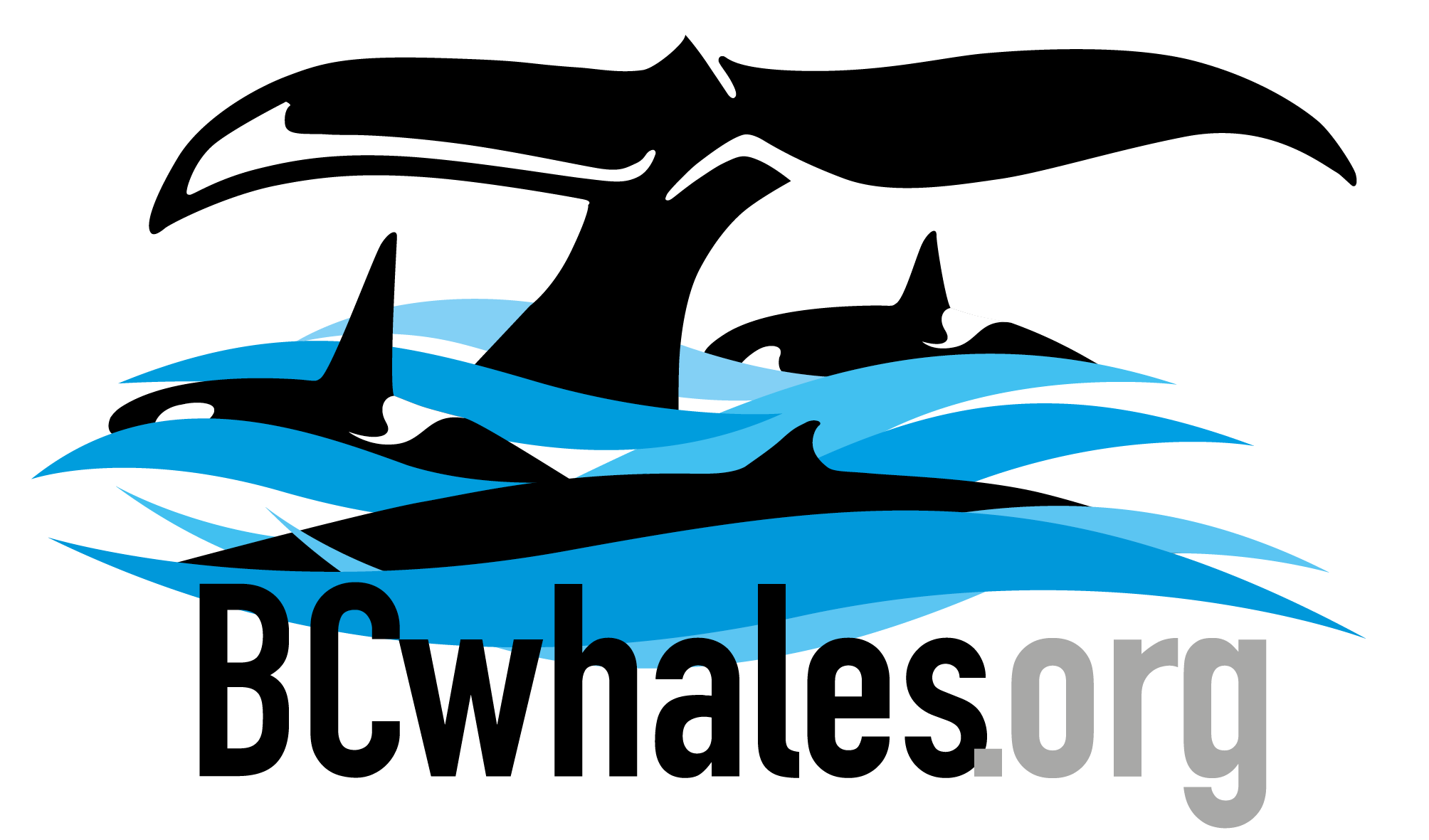Research Partners
One of our objectives is to develop partnerships with coastal First Nation communities and NGO's to support the development of whale monitoring projects and programs and other stewardship activities. This will allow for increased documentation of the whale populations along our coast. Working as a science advisor, lead researcher Janie Wray of NCCS will provide the guidance and training needed to develop this local capacity to undertake monitoring surveys and support broader efforts for stewardship and habitat protection of the marine environment. This collaboration among research communities will increase our understanding about whale habitat use and the connections whales have with each other.
Gitga’at Nation
Hartley Bay is the home of the Gitga’at Nation.
Located on British Columbia’s remote northwest coast, the present-day home community of the GITGA’AT NATION is Hartley Bay. The Gitga’at have been stewards of their land and its resources since time immemorial, and their surroundings are deeply tied to their customs, daily life, and cultural identity
Kitasoo/xai’xais Nation
Klemtu is the home to the Kitasoo/Xai'xais Nation
The Kitasoo/Xai’xais community and its leadership, ensure that Kitasoo/Xai’xais laws, customs, traditions, policies and practices are included in resource planning and management decisions, and advocate for the recognition of Kitasoo/Xai’xais Aboriginal title and rights.
Heiltsuk Nation
Bella Bella, BC, is home of the Heiltsuk Nation.
Gvi’ilas has been described as the ethos of our people: “Gvi’ilas not only governed our relationship and responsibilities to land and resources, but also social relationships and obligations with respect to lands and resources. For example, take a little and leave a lot; dispersed and varied resource harvesting obligations to share and support family and community; obligations to care for the resource; seeing all aspects of harvesting, from the taking of the resources to the methods used, as a gift of the Creator.”
World Wildlife Fund
Over time, our work has evolved from protecting particular wildlife species and habitats to protecting life on Earth – including our own. Today, our work is about life, because everything we do is about securing the future of healthy, thriving ecosystems. And living, because the choices we make will decide that future—for us and for all species.
Everything WWF does is grounded in science. We use the best available data and sophisticated modelling tools to understand ecological connections, identify pressing issues and develop effective conservation strategies.
Oceans Network Canada
The University of Victoria’s Ocean Networks Canada monitors the west and east coasts of Canada and the Arctic to continuously deliver data in real-time for scientific research that helps communities, governments and industry make informed decisions about our future. Using cabled observatories, remote control systems and interactive sensors, and big data management ONC enables evidence-based decision-making on ocean management, disaster mitigation, and environmental protection.
Orcalab
The work of OrcaLab is based on the philosophy that it is possible to study the wild without interfering with lives or habitat. A network of hydrophones, positioned around the orcas' "core habitat" helps us monitor their movements all year round. Supplementing the acoustic data are visual sightings of orcas as they pass OrcaLab, and reports from land observation sites during the summer "season" as well as reports from other researchers and whale watchers who share observations and information.
Interns & Research Assistants
We work with interns and research assistants from all over the world. They are our eyes and ears in collecting valuable data on the frequency, movements and behaviours of whales in our research area.











